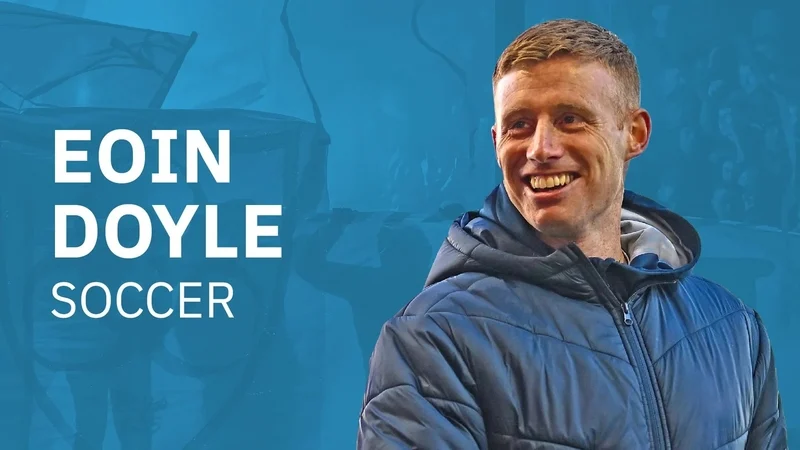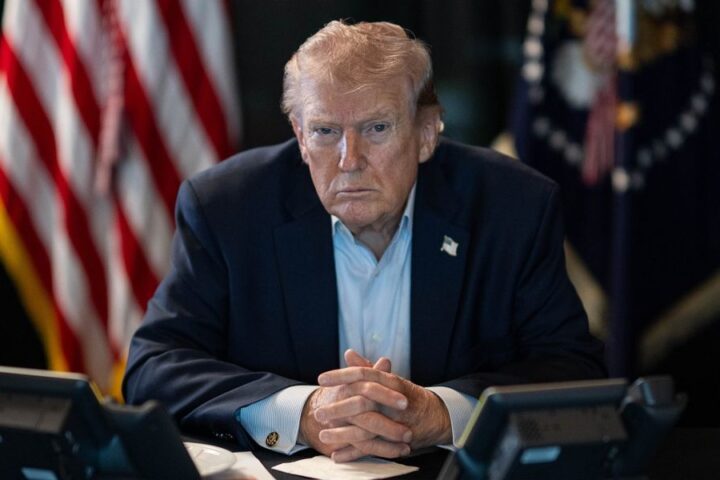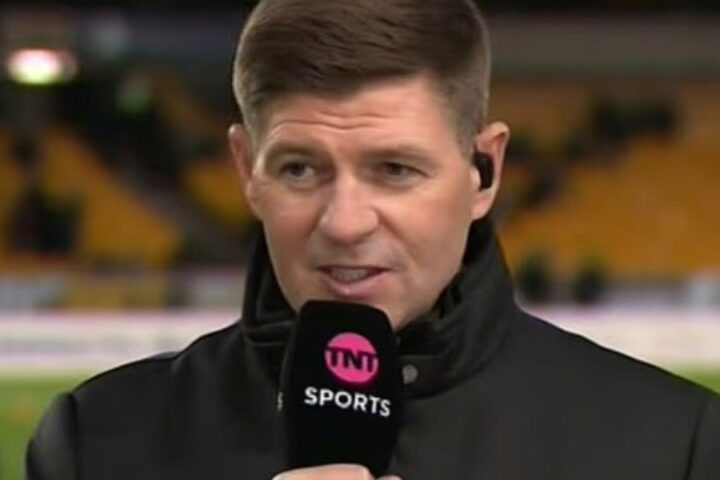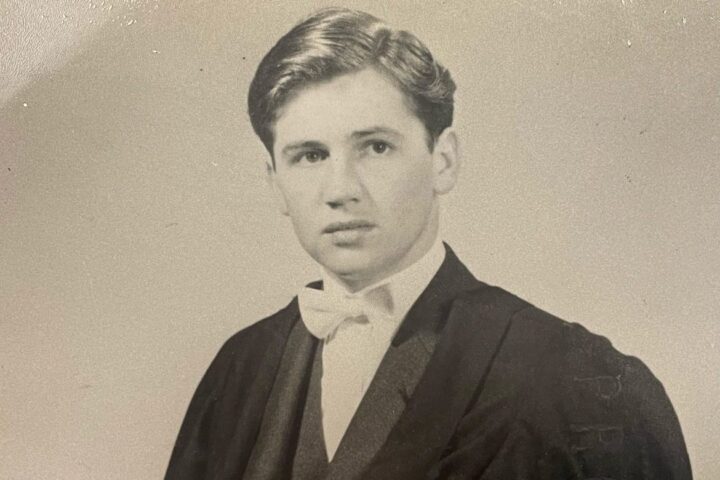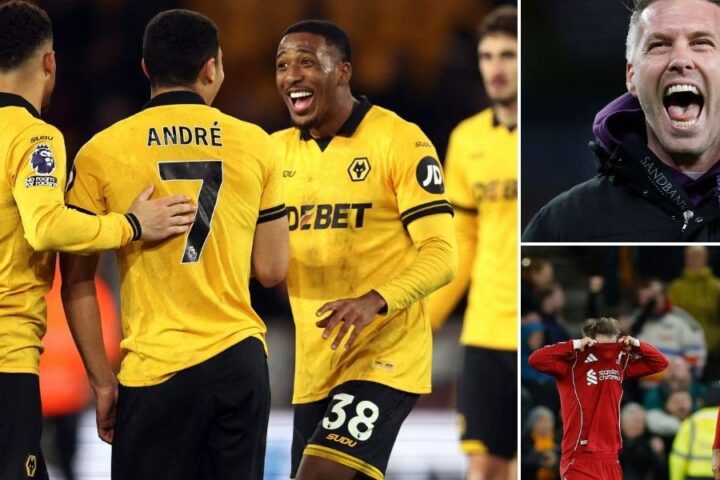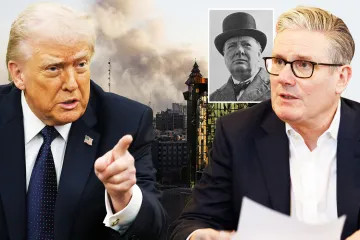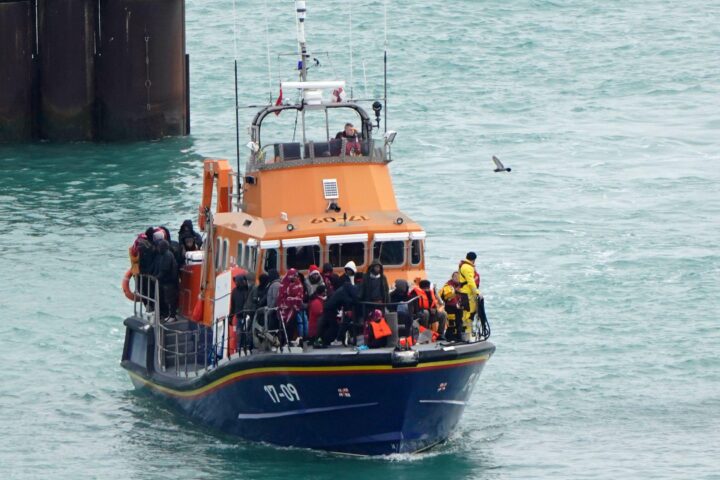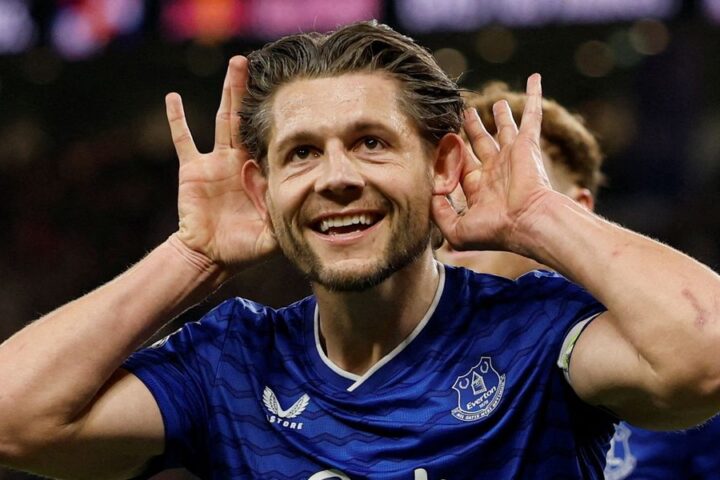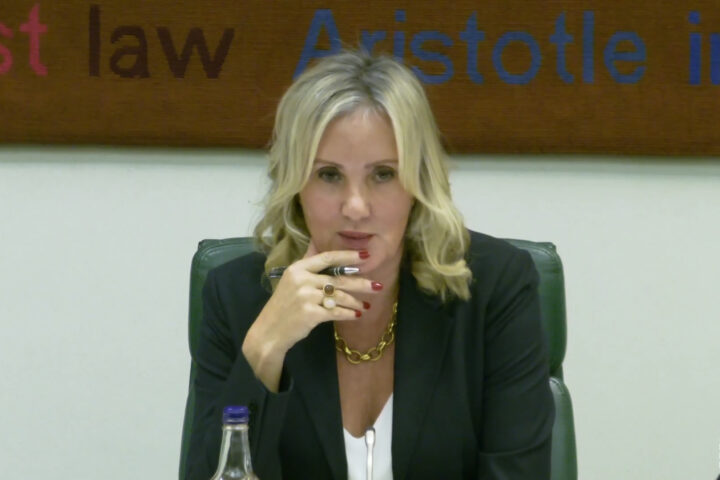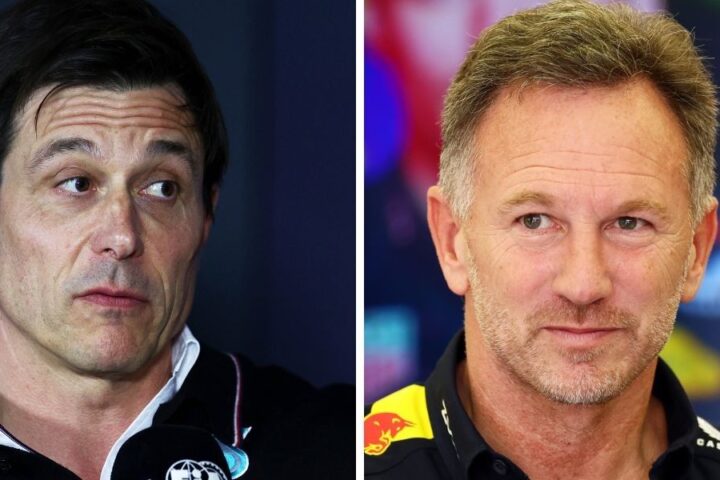Marc Canham’s sudden exit as FAI chief football officer may have caught some off guard, but not those paying close attention to the state of Irish football.
In truth, the more surprising aspect was, given the headwinds Canham faced into, that he lasted as long as he did.
His tenure, defined by controversy, slow processes, and alienation of key football stakeholders, reflects a leadership void in Irish football that must now be addressed with clarity.
Despite the difficulties, Canham can boast the shrewd (if delayed) appointment of Heimir Hallgrimsson as a positive legacy. Furthermore, if his successor can implement the Football Pathways Plan, the Englishman will have played a vital role in modernising the structure of the Irish football pyramid.
Canham arrived with an impressive CV but seemingly little understanding of the unique political footballing landscape in Ireland.
Appointed initially as director of football before switching titles to CFO, one of the many unanswered questions is what that role truly entailed.
Was he responsible for driving strategy, overseeing coaching, engaging clubs, or liaising with government stakeholders? Perhaps all of the above, but none effectively enough.
Public perception matters, especially when the association is seeking substantial government investment to uplift grassroots and elite levels of the most participated sport in the country.
And in that court, Canham lost early and repeatedly.
Even good initiatives like the Football Pathways Plan – potentially transformative in aligning our calendar and giving children more meaningful game time – were mired in communication failures and mistrust.
There’s no question that the plan makes sense.

Aligning the calendar could benefit player development and coaching structures, giving our youth more consistency and exposure.
But as with everything in Irish football, change faces resistance from those clinging tightly to local power.
The game here remains bloated with organisations and committees more invested in influence than in progress.
Opposition to reform often smells less of principled objection and more of self-interest, system-built little fiefdoms and spheres of influence rather than what’s best for the sport.
Yet Canham’s handling of reform probably alienated as much as it inspired.
While there was consultation, it was selective. There are many in the game who are frustrated by how the FAI communicates on matters that directly impact on them.
Canham isn’t necessarily to blame for that, but it points to the importance of having a deep understanding of the political landscape within Irish football.
The most recent debacle – attempting to centralise coaching for academy players without buy-in from clubs – was perhaps the final straw.
A strategy that might have held merit became impossible to sell when it arrived wrapped in confusion.
Canham needed help, and better leadership above him should have recognised this earlier.
He had issues with his dealings long before the questions around the Colin Healy saga or the glacial pace in replacing Stephen Kenny. He was key in the FAI’s handling of Vera Pauw’s departure, and the Dutch woman was scathing of his role in compiling the report on the 2023 World Cup.
Those were avoidable errors, compounded by the FAI’s apparent reluctance to act.

Good governance isn’t just about strategy – it’s about perception, communication, and knowing when the good press is slipping away from you.
Now, the FAI must define what this role truly is before appointing a successor.
What powers will the next chief football officer – or whatever title they choose – have? Will they be allowed to implement meaningful change?
Or are they destined to become a figurehead, shackled by board politics and internal inertia?
Who steps in now is a critical decision. It cannot be someone imported from outside with little grasp of Irish football’s history or stakeholders.
The next appointment must know the political minefield they are walking into.
They must understand the fractious political landscape of Irish football, and the genuine need for reform balanced by sensitive stakeholder management.
An individual with proven track records in achieving progress in constrained environments is needed, with a good football acumen.
But whether it’s someone from inside the game or outside, the FAI needs a person who can play the long game, listen to the right people, and lead with credibility.
We can hope that lessons have been learned from Canham’s tenure.

Good intentions are not enough.
Change requires political nous, a deep knowledge, and a thick skin.
Irish football cannot afford another misstep at the executive level – not when it stands at a potential turning point, with the government watching closely and public faith once again in the balance.
The game here deserves good leadership. Hopefully, the FAI see that now.
Because if Irish football continues to lose in the court of public opinion, all the pathways in the world won’t get us to where we need to go.
